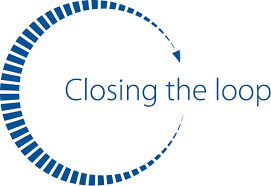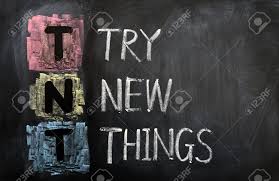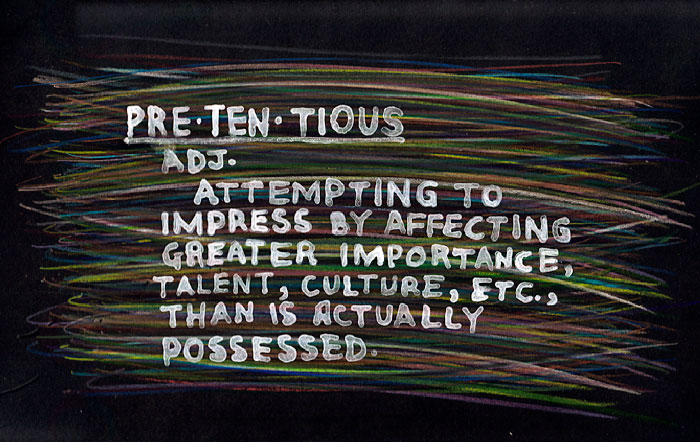 Trust is foundational in a relationship whether between Colleagues, Friends, Spouses, Significant Others or even Animals.
Trust is foundational in a relationship whether between Colleagues, Friends, Spouses, Significant Others or even Animals.
What it is and means can be stated succinctly:
The NOUN, Trust…
… firm belief in the reliability, truth, ability or strength of someone or something.
Trusting someone…
…believing in their reliability, truthfulness, abilities or strength.
Many people fear to trust. Sometimes this is burned into their personalities as the result of their life experiences. Perhaps it is tied directly to interactions with a specific person.
In the end, being able to trust (and wisely) will prove fundamental to our personal happiness.
Throughout life all relationships have ups and downs. But there remain actions we can take to help others trust us.
The mantle of being Trustworthy is commonly assumed by:
Keeping routines, being Predictable (as opposed to boring, fickle and random etc.)
Being Reliable
Meaning What We Say
Telling the Truth
Sharing How We Feel
Saying No, Sometimes (as/if/when appropriate)
These traits and behaviors are self-explanatory.
Building Trust in relationships is generally believed achieved by: 
Shared Values
Providing SpaceConsideration and Kindness
Acting Without Alternative Motives
Making the Relationship a Real Priority
Seeing Things Through
Again, the meanings here are self-evident.
The downside to underperforming in these areas … Lack of Trust: a slippery slope typically leading to lies and deception.
And since people have a propensity to treat others as they are treated, there is an inevitable likelihood they will reciprocate and respond with the same or equivalent behavior. The innate human desire to retaliate can cause us to enter the descending slope.
Relationships are easily overtaken by Deception when Trust is weakened.
These pointers and guidelines are assumed, general and common knowledge. They summarize long-standing principals and belief.
Yet how many people really adhere to such maxims in their relationships? Who is truly aware of the pitfalls and routinely acts to mitigate the liabilities?
How are you doing in your relationships? Any of these simple pointers need your improved application with those you care about?
At work, home and in everyday life, these same Principals of Trust apply. So, take a close look at how you are doing, and why.
Ian R. Mackintosh is the author of Empower Your Inner Manager Twitter@ianrmackintosh









 Every day most of us
Every day most of us 


 Great Leadership is not common.
Great Leadership is not common.